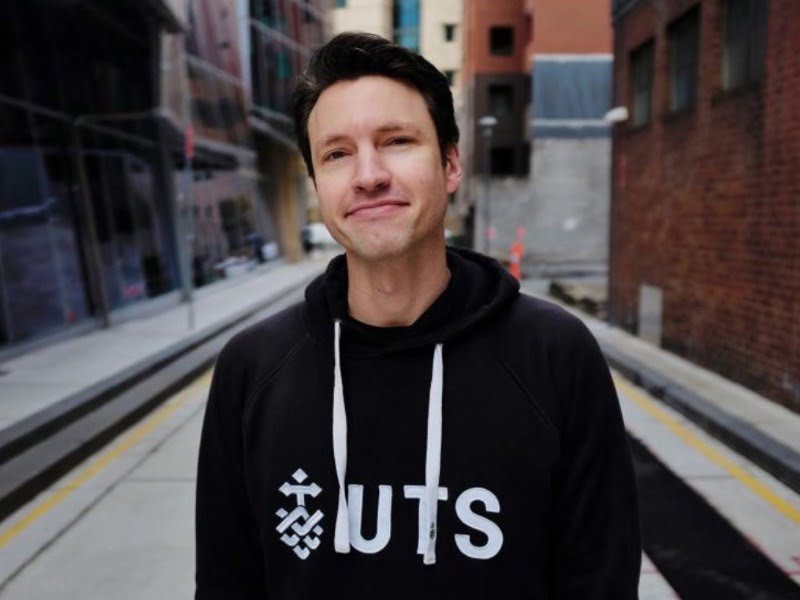Startup sector luminary and director of entrepreneurship at the University of Technology Sydney Murray Hurps has resigned from the board of the Australian Information Industry Association halfway through his current term in order to pour his attention into helping local entrepreneurs.
Mr Hurps, who has been on the AIIA board for five years culminating in his election as Treasurer, resigned from his board position last month, about a year ahead of schedule.
Having served on “pretty much every committee there is” on the AIIA, he said that after a difficult 2020 and the significant time commitment required in the role, that he had decided his time would be better spent focused on helping to build the next generation of Australian startups.
“All of my time is being put squarely into ‘how do we create more entrepreneurs in Australia’ and in particular, more technology-enabled entrepreneurs,” Mr Hurps told InnovationAus.

While acknowledging the “wonderful work that the AIIA does in representing tech companies in Australia” Mr Hurps conceded it could “a slog” during a difficult year and he “thought it was time to hand over to someone who’s got a bit more enthusiasm.”
“There is a super obvious set of conditions at the moment. We are in a pandemic and we are in a recession. We need more companies being created that are themselves able to create high paying job,” he said.
“The accelerators and incubators around Australia are in trouble, with fewer surviving than there were last year. There are fewer startups being created across Australia. And that needs to change.”
For all of the difficulties that the loss of international students through the pandemic created, Mr Hurps said the universities were in a unique position to help create entrepreneurs and new startups “at scale”. Despite the economic difficulties, UTS and other universities were still pouring resources into their entrepreneur programs.
While industry mantra calls out for ‘job-ready’ graduates as critical to the economy, Mr Hurps says “in a time recession, I think ‘job-creating graduates’ are wonderful.”
UTS Startups works to inspire and support technology-enabled entrepreneurs at UTS. In three years the UTS team had grown a community of 408 student-launched startups, and are focused squarely on feeding the funnel of new startup activity.
“Incubators concentrate existing activity, accelerators concentrate high quality activity – but more work is needed to create new Australian entrepreneurs and that’s where I want to spend 100 per cent of my time,” Mr Hurps said.
“During a recession, personally I think it’s critical for universities to be creating impactful graduates, impactful research and impactful job-creating companies. I’m proud of what UTS is doing in this area and I will stay committed to maximising the impact we can have here.”
As a member of the NSW government’s ICT Sovereign Capability Taskforce, he says the state is doing well in opening procurement opportunities more successfully to Australian startups, more so than at the federal level.
“NSW is doing absolutely incredible work under Victor Dominello in particular. I would single him out as someone who is happy to shake things up, who knows where the opportunities are that will have an impact, and who is genuinely trying to move the needle on how procurement works in NSW for NSW startups,” he said.
“In all of the startups I have been involved with – everyone at UTS, everyone at Fishburners and the ones in between – I see a lot more activity with those startups at state government level than with federal government. And I would love to see that be different.
“If the [federal government] wanted to have a look at NSW as an example of what can be done, then that would be productive.”
Mr Hurps said the advocacy group StartupAus currently does the best job in terms of advocating for policies that are relevant to Australian startups.
Also called out to credit their work in supporting Australian startups are three local success stories – Airtasker, AfterPay and Canva – “largely because of their CEOs.”
“These are people that give a hoot, who are willing to put their own time and their own company’s resources in to ensure that the next Airtasker or Afterpay or Canva is created in Australia.”
Do you know more? Contact James Riley via Email.

